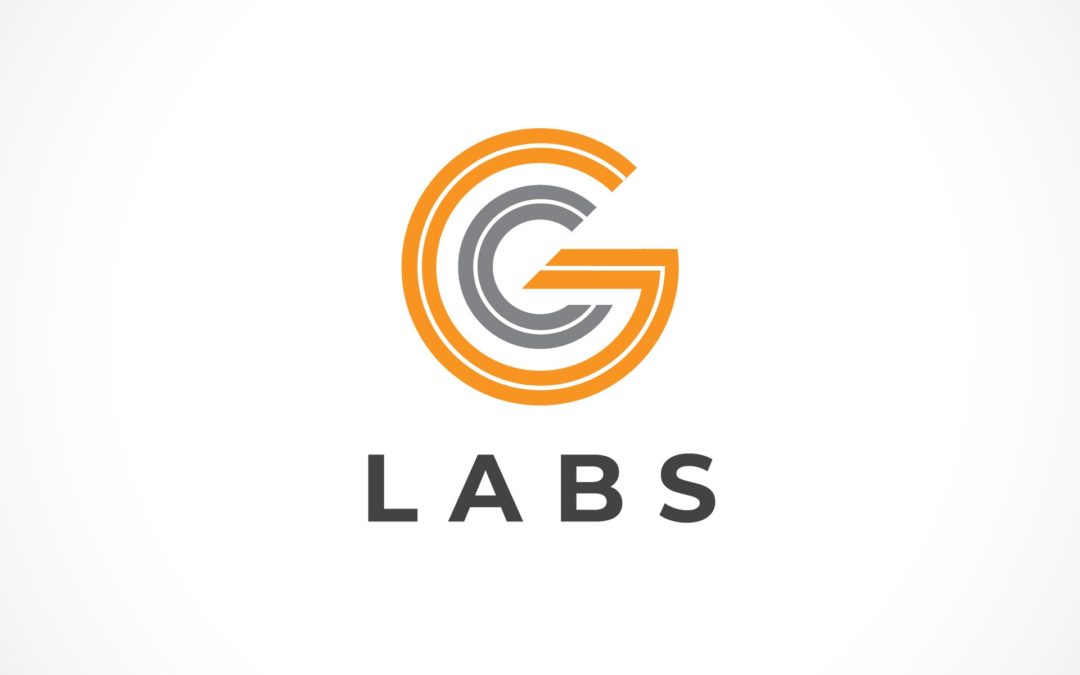Announcing the CG Labs Datathon: Analyze Climate Change Data using R/Python (and Win Prizes!)
As presented at the recent webinar, CG Labs helps discoverability, visualization, and collaborative analysis of data using R and Python programming languages. It enables secure transfer and storage of computer program codes and data files through Globus, another core shared service that the Platform provides. Shared analytical code will help accelerate analytics while avoiding duplication. This will ultimately increase efficiencies and facilitate the reproducibility of published work. With CG Labs, we anticipate lowering the barrier to the practical use of big data in agricultural research.

To celebrate the (soft) launch of CG Labs, we invite everyone to our first CG Labs Datathon!
“Should you choose to accept it,“ your mission for the Datathon is to conduct research on climate change adaptation for small-scale farmers:
- Watch the CG Labs webinar.
- Create your workspace at CG Labs.
- Analyze CGIAR’s data in CG Labs using R or Python to answer the following research questions:A. Hazards: How much would climate change in your study area between now and 2050?
Retrieve the latest climate projection data (e.g., CMIP6) in your selected study area (e.g., your hometown or nearest farming area from your location). Compared to the current climate, analyze how the climate will change in 2050, in the context of major agricultural activities in the area.
B. Exposure: What would be the extent of agriculture at the risk of climate change?
For your study area, overlay the crop production data (e.g., MapSPAM) on the 2050 climate hazards. Analyze the exposure of current agriculture to future climate hazards. You can bring in other agriculture-relevant secondary data to enrich your analysis.
C. Adaptation: What would be your recommended climate adaptation option in agriculture?
Given the projected climate hazards and current agricultural production potentially exposed to climate change risks, what will be a promising climate adaptation options, and why - Summarize your findings in a short presentation (5 slide-max) and submit here before the submission deadline (18 September 2020).
You can be either academic or creative (or both). Any new and original ideas are all welcome!
- CG Labs Datathon is open to everyone (CGIAR or not).
- Submission deadline is 18 September 2020, 18:00 (U.S. Eastern Time). Winners will be announced on 22 September 2020.
- Join the CG Labs Datathon Slack Group. Send an email to gardian.bdp@gmail.com and request to join to receive updates and technical support.
- All participants who complete the mission will receive a Certificate of Completion.
- Up to five winners will be selected across different skill levels. Junior scientists and students are all welcome!
- Winners will be awarded either Amazon AWS Credit (worth USD 500, provided by Amazon for CGIAR participants) or Pluralsight Premium Membership (worth USD 450, provided by CGIAR for non-CGIAR participants).
This Datathon is sponsored by the CGIAR Platform for Big Data in Agriculture and Amazon Web Services. Top winners will be invited to present their solutions at the CGIAR Big Data Virtual Convention, which will be held online on 19-23 October 2020.
Good luck! 
August 31, 2020
CGIAR-CSI





